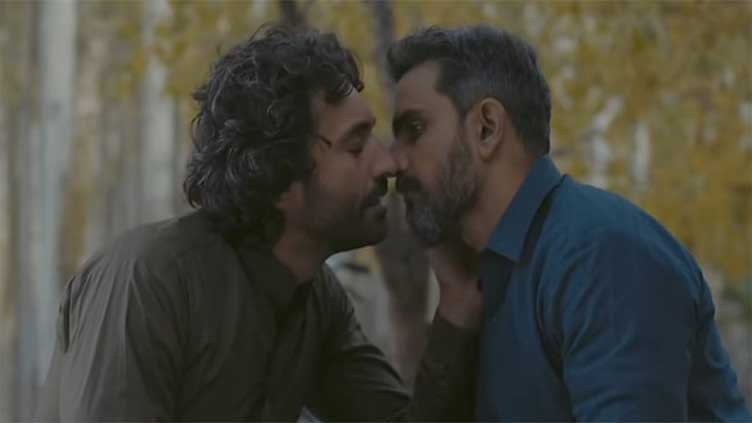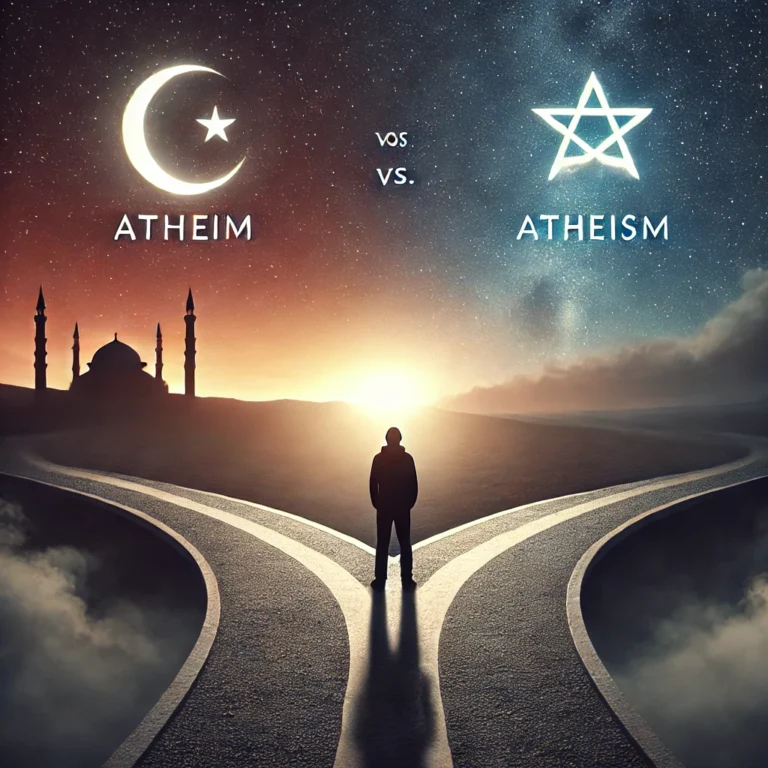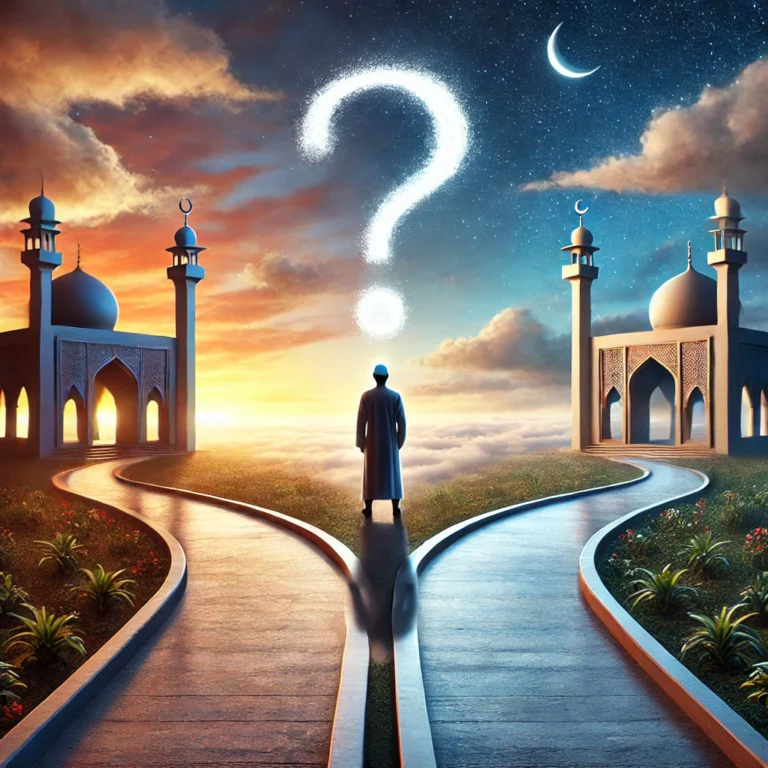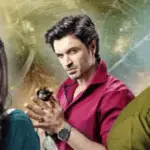Table of Contents
The Pakistani drama Barzakh, directed by Asim Abbasi and featuring notable actors like Fawad Khan and Sanam Saeed, has ignited a firestorm of controversy since its premiere. While the series has garnered praise for its captivating narrative and stunning cinematography, it has faced significant backlash, particularly from conservative audiences, due to its portrayal of a homosexual character.
The Controversial Depiction of Gay People
In its recent episodes, Barzakh introduced a subplot involving Saifullah, a closeted gay man who develops feelings for an Italian chef. This representation has drawn ire from many Pakistani viewers who argue that it contradicts Islamic teachings and societal norms. Critics have taken to social media to express their discontent, claiming that the show promotes an LGBTQ agenda that they believe is inappropriate for Pakistani television. One viewer lamented that the series is “filled with explicit content” that disrespects Islamic values, while others have labeled it a “disgrace to Pakistani culture”.
The backlash has been palpable, with viewership numbers dropping significantly after the initial episodes. The first episode attracted 2.2 million views, but subsequent episodes saw a decline, with the third episode garnering only 288,000 views. This decline is largely attributed to the negative reception of the LGBTQ content, leading many to speculate about the potential long-term impact on the show’s popularity and the careers of its stars.
Social Media Reaction and Public Discourse
The response on social media has been mixed, with a significant number of users condemning the show for its themes. Many comments reflect a sentiment that the series is an affront to Islamic values, with some users demanding that critics of the show reconsider their stance in light of religious teachings. On the other hand, supporters of Barzakh argue for the importance of representation and inclusivity in media, emphasizing that Saifullah’s character is multifaceted and not solely defined by his sexuality.
The controversy has also sparked broader discussions about the role of Pakistani dramas in addressing taboo subjects. While some viewers appreciate the bold narrative choices, others fear that such themes could lead to a decline in the quality and integrity of Pakistani storytelling. The involvement of Indian producers has further complicated the discourse, with some fans suggesting that collaborations with Indian media may compromise the authenticity of Pakistani dramas.
Cultural Implications and Future of Pakistani Dramas
As Barzakh continues to air, it stands at a crossroads between artistic expression and cultural conservatism. The backlash it faces highlights the challenges of introducing progressive themes in a landscape that is often resistant to change. While the series has the potential to foster dialogue about LGBTQ issues in a conservative society, it also risks alienating a significant portion of its audience.
The unfolding situation serves as a reminder of the complexities surrounding representation in media, particularly in regions where cultural and religious beliefs significantly influence public perception. As the debate continues, Barzakh may pave the way for future dramas to explore similar themes, but it will likely do so under the scrutiny of a divided audience.
In conclusion, while Barzakh has achieved critical acclaim for its artistic merits, the backlash over its LGBTQ content underscores the ongoing struggle for acceptance and representation in Pakistani media. The series may ultimately serve as a catalyst for broader conversations about identity, acceptance, and the role of storytelling in challenging societal norms.







